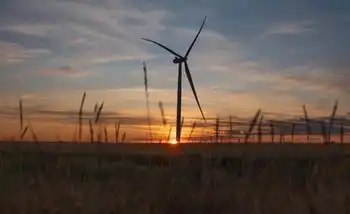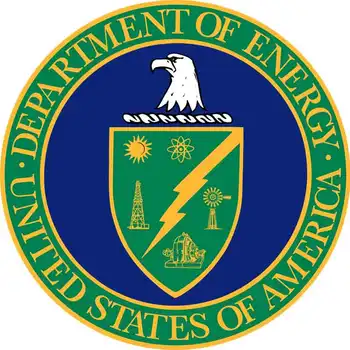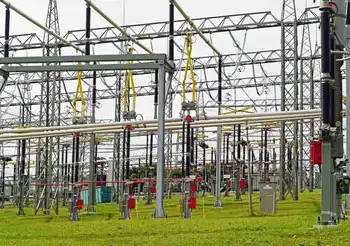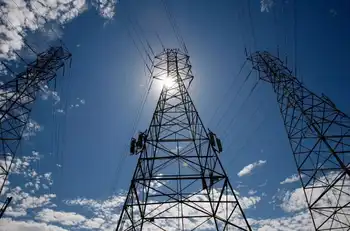TransAlta warns of power shortage
By Calgary Sun
Electrical Testing & Commissioning of Power Systems
Our customized live online or in‑person group training can be delivered to your staff at your location.

- Live Online
- 12 hours Instructor-led
- Group Training Available
TransAlta, CanadaÂ’s largest electricity generator, along with other power producers, is under pressure from Ottawa to gradually retire its coalfired power plants for the sake of fewer emissions.
But thatÂ’s easier said than done.
“We want to do it in an orderly fashion, and we do not want to take too much optionality out too soon, because that would come back to haunt the availability and supply and reliability 10 to 15 years out,” Steve Snyder said in a conference call. “So I think everyone is on a measured, steady pace right now. And I think that’s constructive.”
What this means is that Snyder is trying to convince Ottawa to not act with haste. Snyder, together with the CEOs of other Canadian power generators, met with federal Environment Minister Jim Prentice. Few details seeped out of the meeting, and Snyder wasnÂ’t prepared to part with much more in the conference call.
But this much Snyder made clear: Coalfired power is here to stay for the foreseeable future. And it will be natural gas, not wind, thatÂ’ll be the transition fuel as Alberta and Canada embark on plans for a greener future.
“I do think that natural gas will play what I call an important interim step as we try to reduce carbon dioxide in North America, while we sort out largescale hydro, largescale nuclear and other technologies,” Snyder said.
TransAlta said it plans to gradually replace coalfired power at its Washington plant with a cleaner alternative by 2025.
ThatÂ’s not a foretaste for whatÂ’ll happen north of the border, however.
“Alberta is quite different,” Snyder said.
“Our approach on this is that we believe there are some opportunities in North America in general, and in Alberta, to do some coaltogas transitions for some of the older plants. We do think that coal will play a longerterm role in Alberta through technology.”
Unlike Washington State, Alberta has vast coal reserves, which the province may as well use to generate power as long as the emissions are stored underground.
Snyder, a big booster for carbon capture and storage, said AlbertaÂ’s geology is wellsuited for this type of technology.











